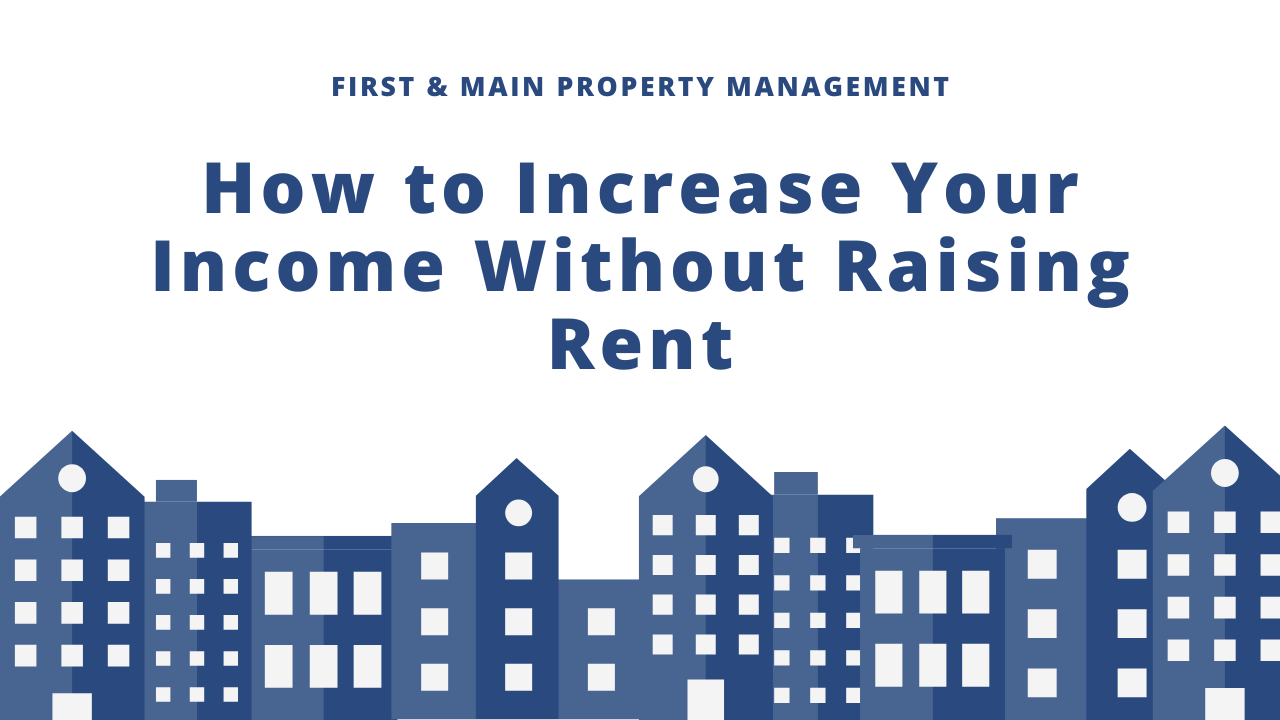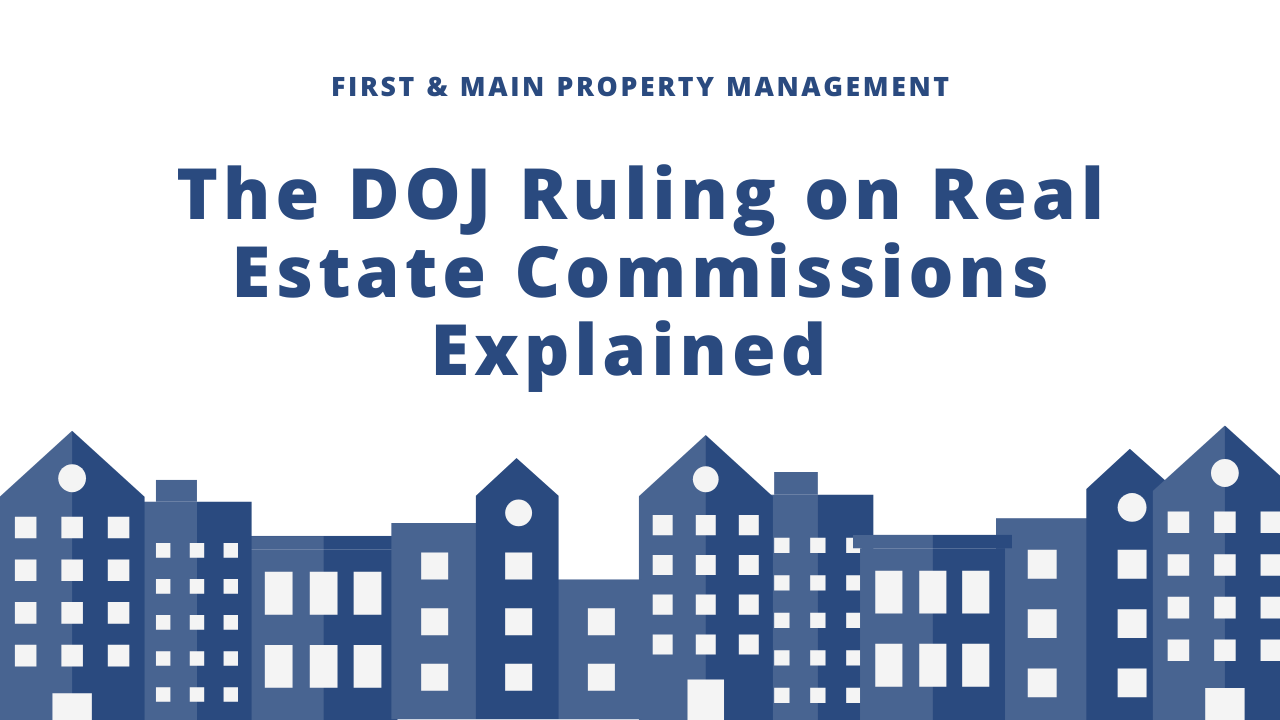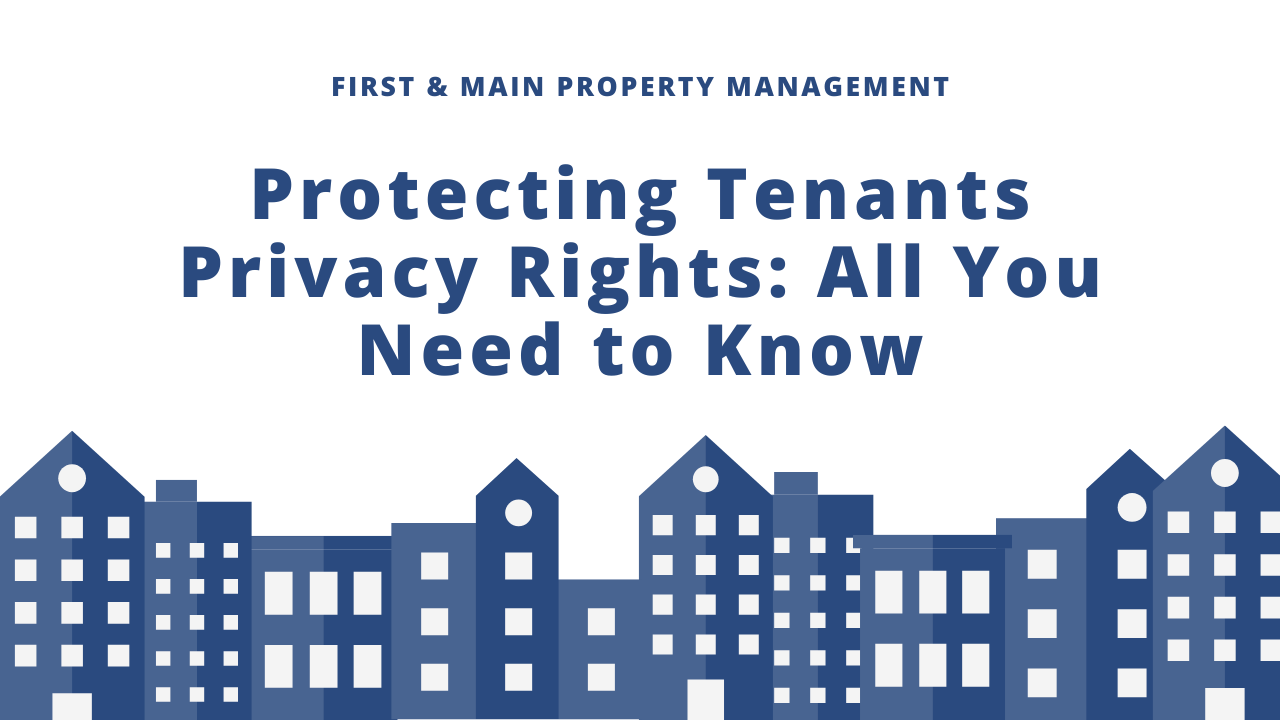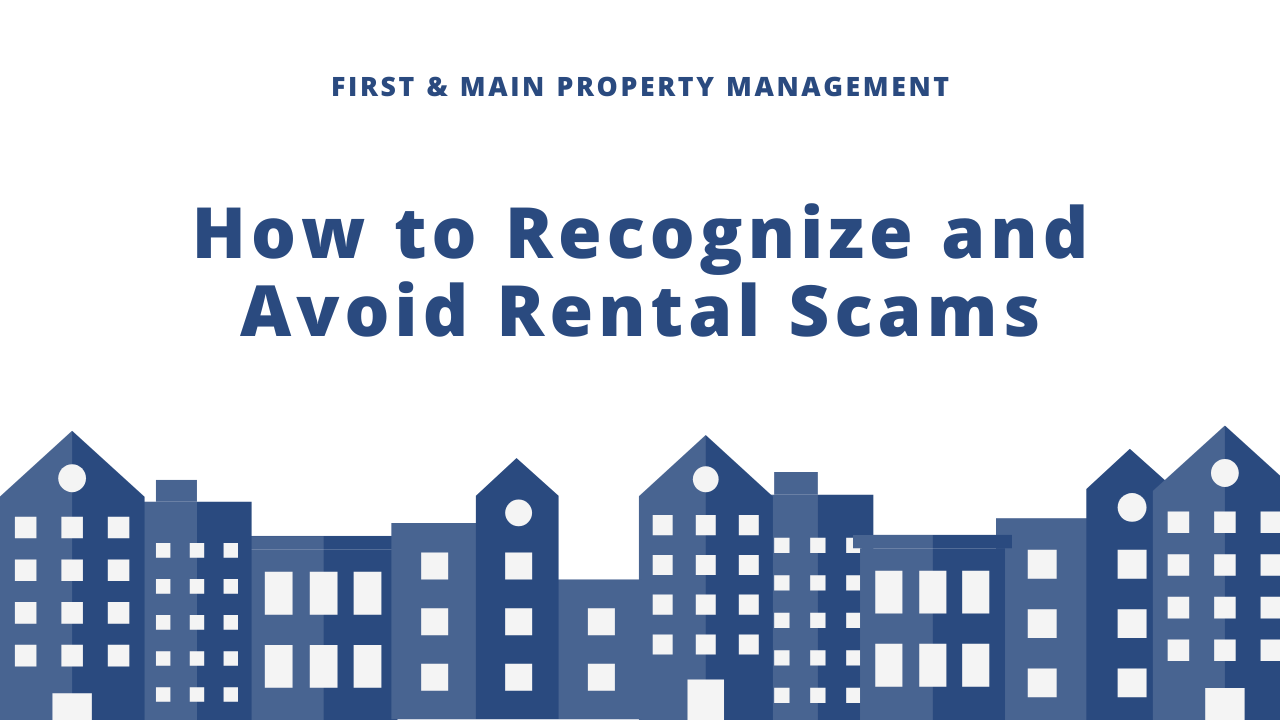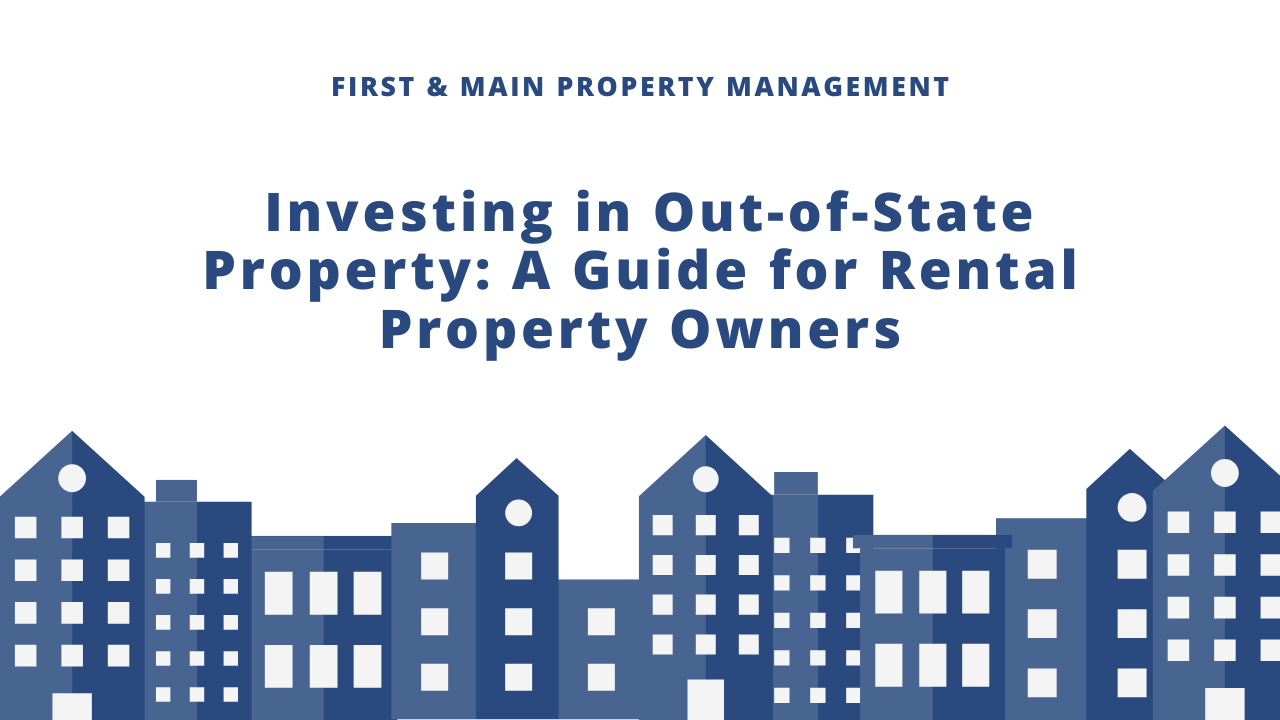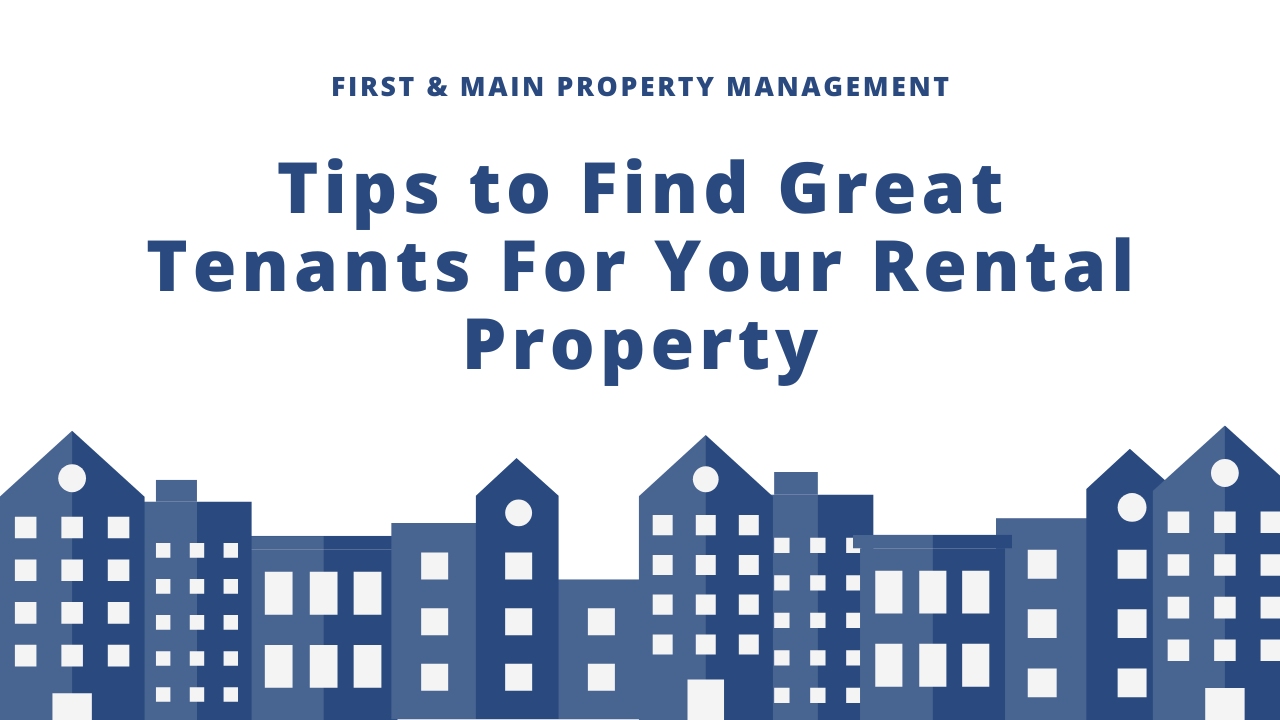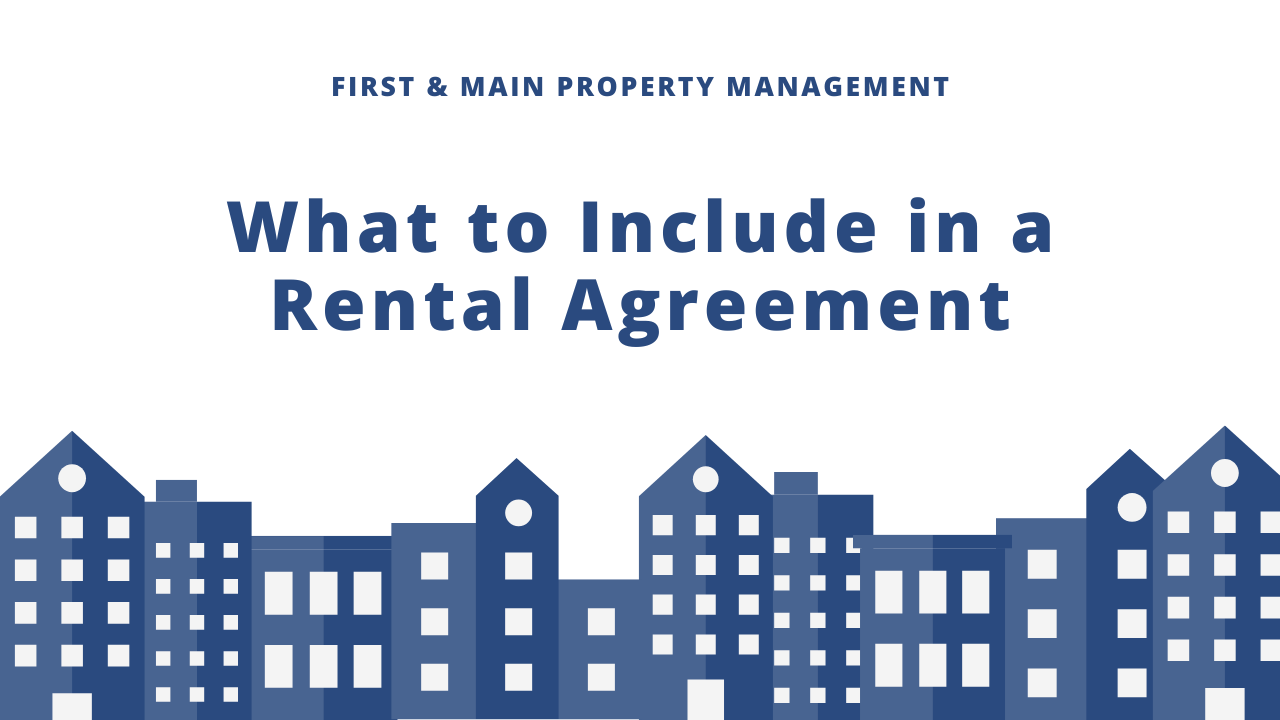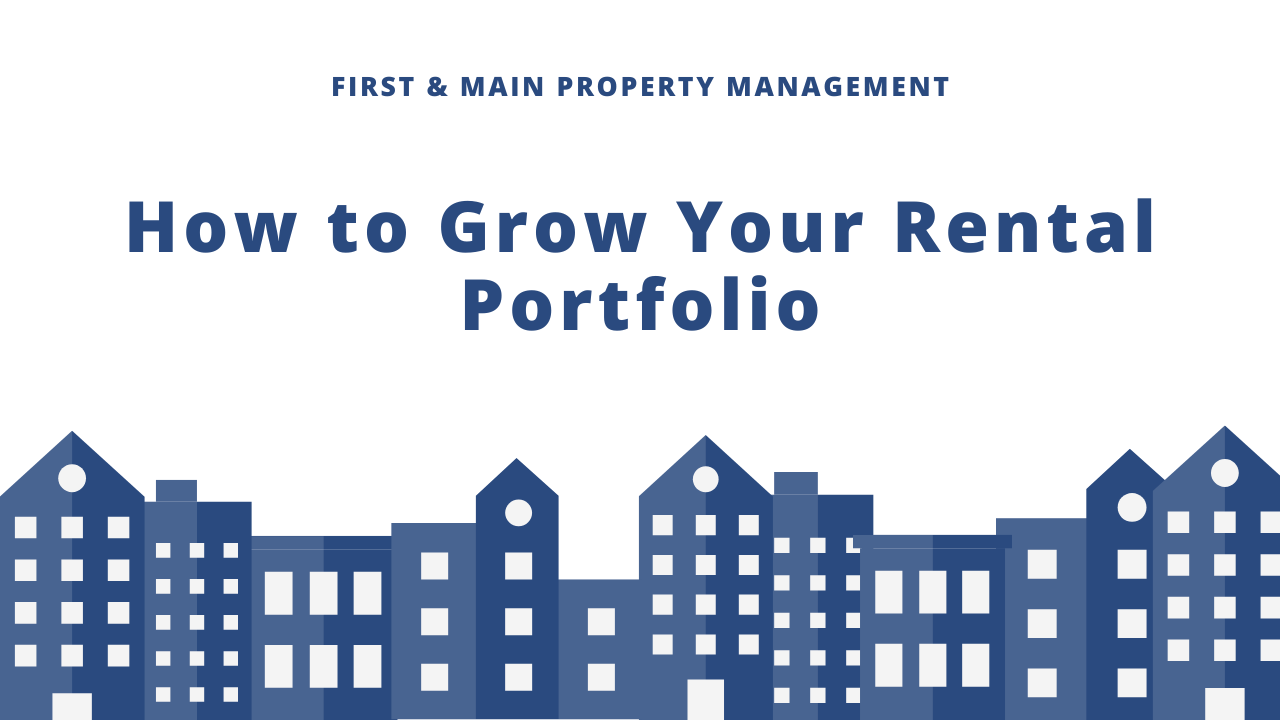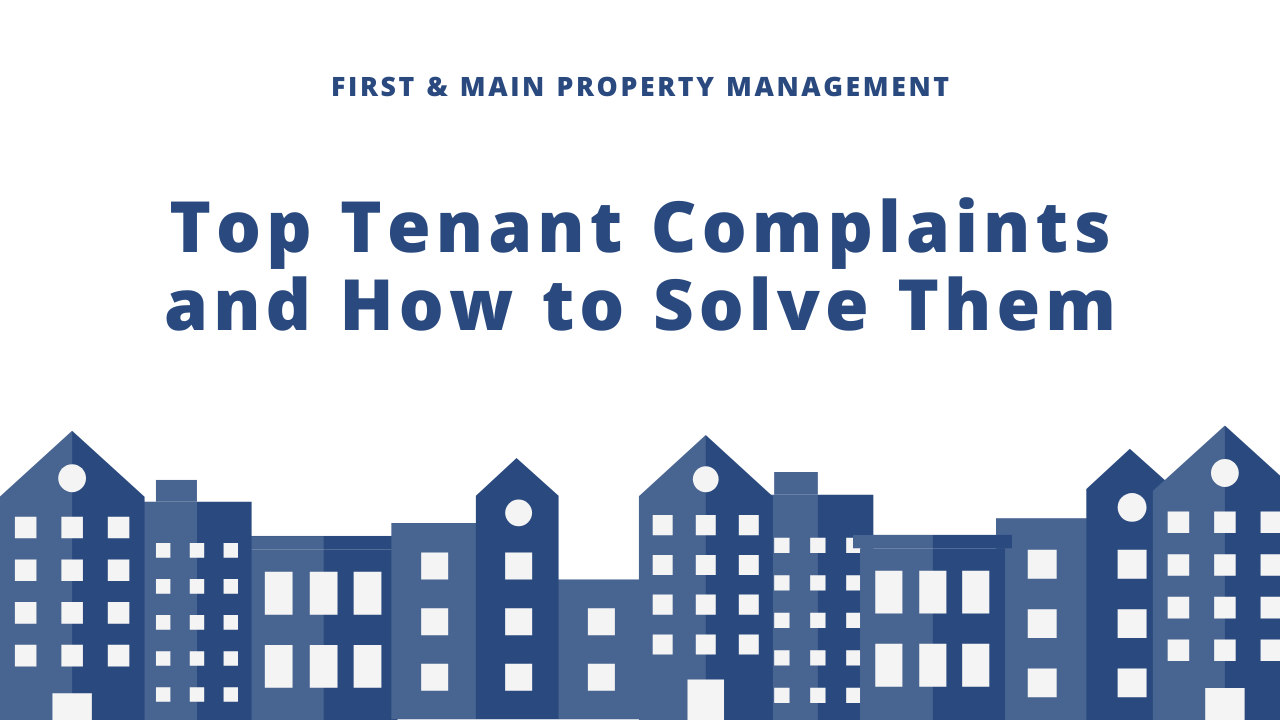Best Ways to Communicate With Tenants: Email, Text, or Call?
Nowadays, we have an array of communication tools to select from so landlords aren’t limited when it comes to engaging their renters.
There are, however, regulations to consider and user preferences. As a landlord, you may question what the best method of communicating with your renter should be.
If you ever want to know what communication method to apply for particular situations, read on to find out. Every communication method has its own advantage in managing your rental business.
We’ll cover the benefits of each one and provide tips for maximizing that method. This way, you can adopt it as your best property management practice.
Why Calling Your Renters Is Essential
Telephone conversations will always be necessary, especially when someone is making inquiries or booking an appointment. Other reasons to call a renter are the following:
- Emergencies: Since these are urgent cases, you need to provide guidance using several communication methods, and this encompasses phone calls.
- Courtesy Reminders: These are quick notifications to let renters know vital information such as avoiding penalties and policy violations.
- Requesting More Information or Clarification: Even if sending emails and texts are quicker, they can be limiting in terms of cultivating relationships with your renter. A call normally eliminates misinterpretations, especially when dealing with complex topics.
Best Practices for Calling Tenants
Traditionally, phone calls have always been the automatic communication method but they can also be limiting in the sense of being unable to reach the person you’re calling right away. Sometimes, it takes multiple tries to be in sync, requiring proper timing.

It’s vital to learn phone etiquette when communicating through a phone call. Some useful tips for landlords to follow when calling their tenants are outlined below:
- Be professional during a call and be straightforward with the reason you’re calling. Touching on too many topics outside the reason you’re calling can be time-consuming for renters, especially when they’re busy.
- Provide details when sending a voicemail, especially for urgent matters.
- Avoid sounding robotic by using a friendly tone or greeting.
- Limit your calls during business hours but make an exception for serious emergencies. In addition, call only when you have something business-related to discuss.
Why Emailing Your Tenants Is Vital
Email is a popular communication tool since it transmits information right away. It’s easy to share photos and infographics, send reminders, and get a renter up to speed with critical information, especially for new property policies and processes they need to comply with.
In addition, email also allows you to safely keep digital documents. Dates can be traced and records are time-stamped so you can refer to them for clarity.
Best Practices For Emailing Tenants
As a landlord, it helps to set aside time to draft each email to ensure that it sounds professional and carries a purpose. Some things you should keep in mind when emailing are the following:
- Avoid sending emails that have incomplete or unclear information
- If your email doesn’t have a business purpose, it can be considered spam
- Insert your contact information on the email

- Check if an attachment is properly inserted if it’s referred to in the email
- Send emails during business hours since some tenants don’t want to be disturbed during weekends and after work hours
Why Texting Tenants Is Needed
- Receiving the Message Is Highly Likely: Compared to emails and calls which can be ignored or missed, text messages can be easily seen and read quickly.
- Receiving a Text Message Is Reliable: Though your renters may not own a smartphone, they can still receive messages. When you have busy renters, sending a text message is hassle-free.
- The Response Rate Is High: Since texting is effortless and instant, the response rate is greater compared to other methods of communication.
- It’s Advantageous for Landlords to Be Tech-Savvy: Other property owners may not be accustomed to sending text messages so if you add this as a communication tool, renters will appreciate the convenience and are likely to keep renting at your unit.
Although most people communicate via text messages, there may still be renters who prefer to receive information in another communication format.
When signing a lease, talk with your renters about their communication preferences and make sure that texting is fine with them.
Getting Started With Texting Renters
- Ask permission from the tenants first.
- Mention sending text messages as an acceptable alternative communication method in your lease agreement.
- Inform your tenants of the subject of your text messages and the frequency you’re sending them. Acceptable reasons include updates on property repairs, rent deadlines, or periodic maintenance notices. Make sure your messages are purposeful to avoid wasting the renter’s time.

- Issue guidelines on what tenants can message you. For property owners that have a tenant portal that renters can access, encourage them to use it. For vital property-related matters such as terminating a lease or paying the rent late, this must be recorded in writing and paired with a phone call.
Bottom Line
Which communication method is best to use? The answer depends on the purpose and if it counts as urgent or required for regulation.
Study your renter demographic. Older tenants aren’t usually very comfortable with technology and would favor phone calls while middle-aged groups would appreciate an email. Some younger ones would even prefer receiving text messages rather than email.
Keep in mind that different people have their own preferences so it’s best to inquire during the lease signing.
If you’re looking for a reliable property management company to handle your rental business and engage with your tenants, contact
First & Main Property Management today!

